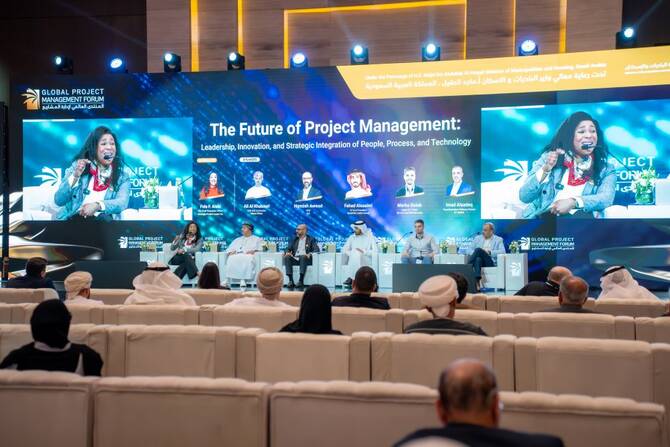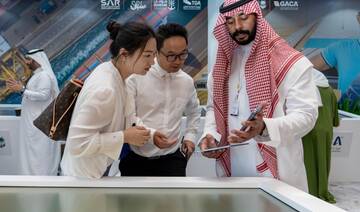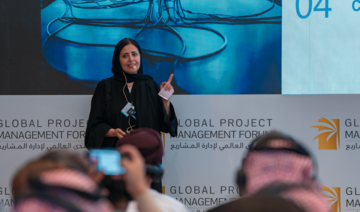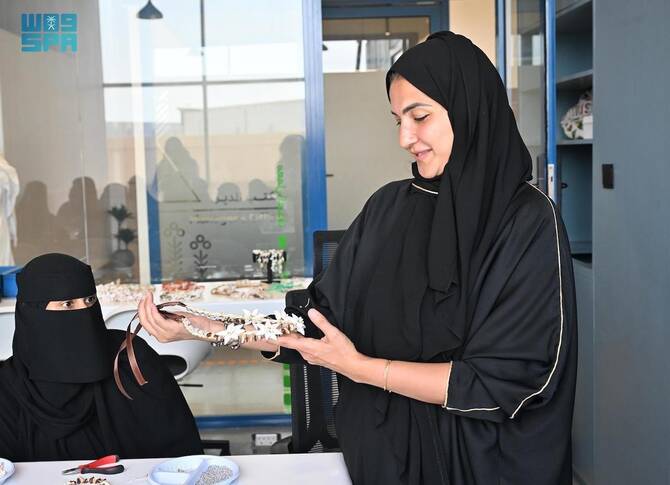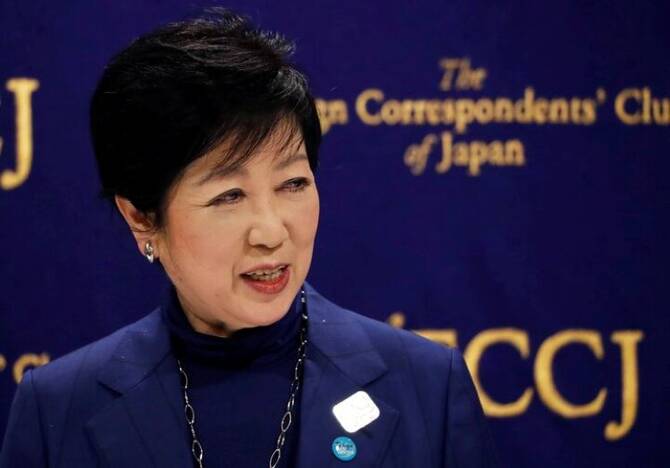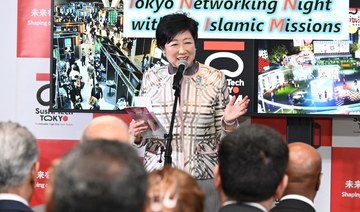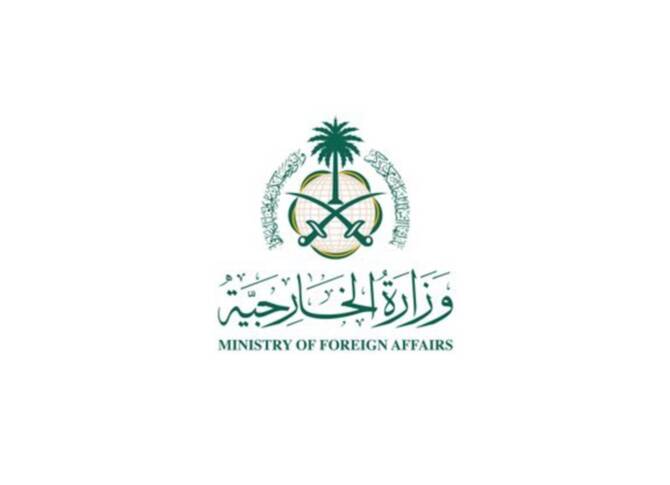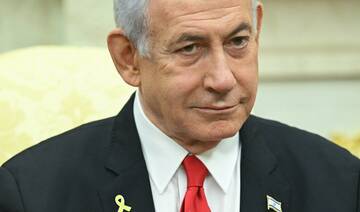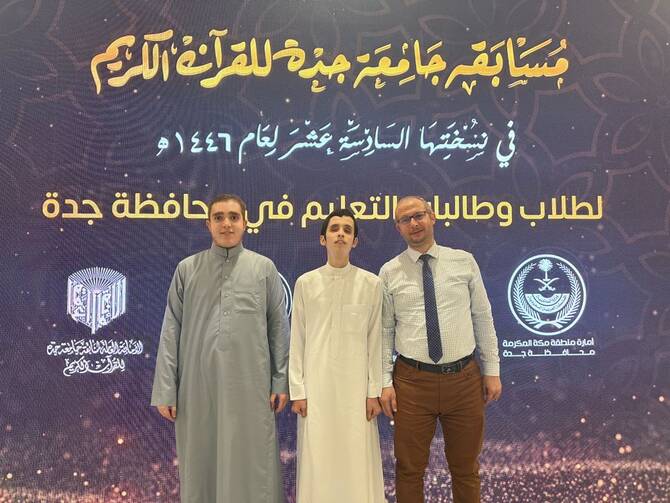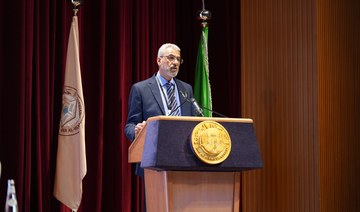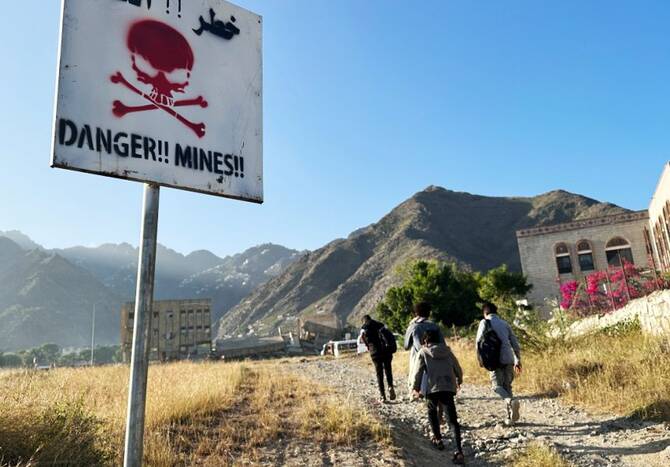RIYADH: Industry leaders and innovators discussed the role of artificial intelligence in advancing project management during the final day of the Global Project Management Forum in Riyadh on Monday.
Speaking on the sidelines of the forum, which has Arab News as a media partner, Ali Al-Khabouri, co-founder of Matrix Oman, told Arab News that AI is playing an increasingly important role in supporting decision-making in project management.
“AI will help the project managers to predict some of the information, predict some of these situations that can happen based on the existing information and historical patterns,” he said.
Al-Khabouri also discussed the importance of defining a clear strategy for AI adoption, adding that organizations should evaluate whether adopting AI is a value-adding step or simply a response to market trends.
During a panel discussion titled “The Future of Project Management: Leadership, Innovation and Strategic Integration of People, Process and Technology,” Marko Golob, head of IT PMO at SIJ d.d., highlighted the need for education in project management.
“We have a gap of 30 million project (managers) in the board in the next 10 years — 30 million. It’s a lot.”
Al-Khabouri highlighted the evolving role of artificial intelligence in improving decision-making within project environments.
He said: “AI tools will evolve in a way that they will provide us the information that we need to depend on for making decisions.”
He added that while the essence of decision-making remains constant, the tools, processes and organizational mindset supporting it are evolving in response to technological advancement.
Imad Al-Sadeq, transformation delivery partner at EY MENA, discussed the growing concern of over-reliance on artificial intelligence in project management.
“The risk here (is) that some people, including project managers, will over rely on (AI). Some people will mistrust the human side for the sake of AI,” he said.
Al-Sadeq added that this trend is already emerging in some settings, and he highlighted the need to strike a balance between technology and human insight.
“We still need to keep the human at center, keep the trust with the human judgment. Otherwise, we are not only calling for best effect, but we are calling only for best practice or previous work. And this is a big difference,” he added.







